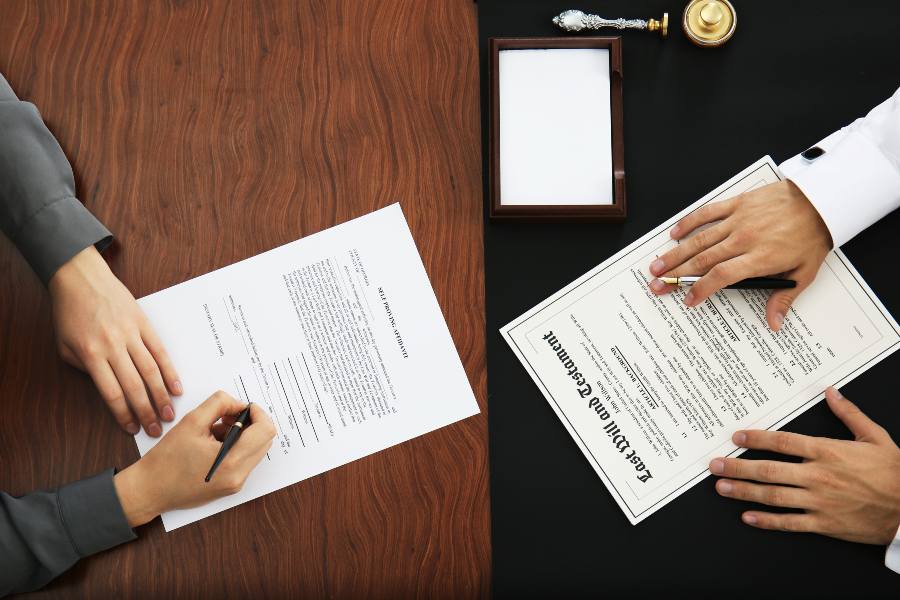
If you have been looking for information about wills, you may have come across the "self-proving" will. This is like any other will, but it has one additional component. In estate law, a self-proving will has a sworn statement attached. This statement is created by the witnesses who observe the signing of the will. As such, these wills have an extra layer of security when it comes to proving its validity. See what else you should know about self-proving wills in the state of Utah.
When the Need Arises
You may wonder why it is even necessary to take this extra step when creating a will. As you already know, wills don't have any legal power until the decedent has passed away. Clearly, this means that the person who wrote the will can no longer testify as to its validity. Thus, an alternative form of confirmation is needed from witnesses. Generally, a witness needs to testify in court to provide their statement. Using a self-proving will can obviate the need for witnesses to go to court. This is especially helpful when the witnesses are elderly, or live out of state.
A Look at the Process
There are a few steps to take to create a self-proving will. These additional witness statements must be signed in the presence of a notary public. The notary must then carry out a proper notarization to complete the process. Pursuant to Utah law, two witnesses are necessary to validate a will. These witnesses must meet the standards set out in Utah Code section 75-2-505. Under this section, witnesses must be competent to act in this capacity. However, Utah law does not preclude interested parties from acting as witnesses. Of course, whenever you are working on a will, it is best to consult with an estate attorney.
An Important Distinction
You may have heard that there are situations where witnesses are not required for a will. Under Utah law, this is true for holographic wills. This is a will that the testator writes out by hand. The law deems these will valid even if they are not notarized. Yet, this doesn't mean that the wills are also considered self-proving. Holographic wills may require additional evidence to support their validity. This is why an estate lawyer is likely to recommend creating a self-proving will instead. Self-proving wills will speed up the administration of the estate during the probate process.
If you need more information about wills or trusts, get in touch with law office of TR Spencer & Associates today.